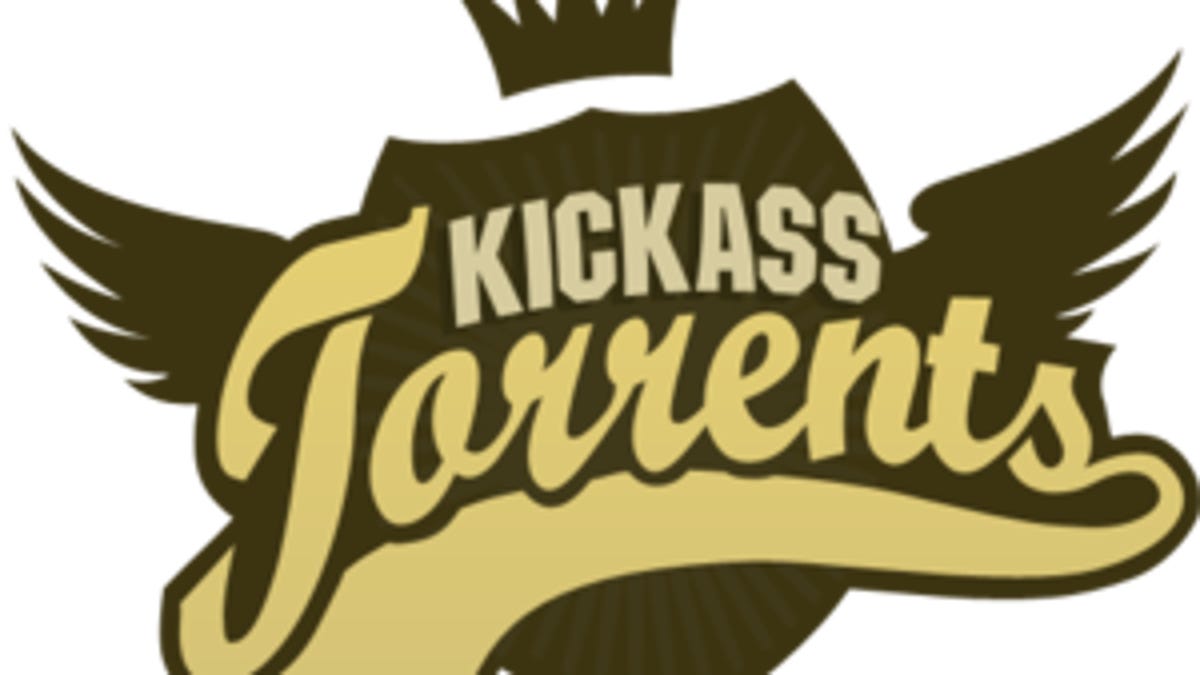Kickass Torrents to be blocked Australia-wide within weeks
The Australian Federal Court has ordered the country's ISPs to block Kickass Torrents, but just how many different domains will they have to chase down?

Kickass Torrents will be blocked across Australia by the end of next month. But in an online world where new piracy sites pop up every other day, how much will this affect the worst pirates in the world?
The Australian Federal Court today ordered a group of more than 20 Australian ISPs, representing the majority of the Australian industry, to block Kickass Torrents (KAT) across a number of domains.
The case has been running since May 2016, when music labels Universal, Sony and Warner Music launched legal action under website-blocking laws passed by the Australian government in 2015. It follows similar site-blocking actions against KAT and others in the UK.
The ISPs will have 15 business days to "take reasonable steps" to block the sites (using DNS blocking) and the court order will continue for three years -- effectively blocking Australians from accessing the site for the foreseeable future.
That is, of course, unless KAT pops up elsewhere. And that's where things will get interesting.
This is the main criticism of site-blocking: Opponents argue it's a blunt tool that does little to curb copyright infringement. As soon as one domain is blocked, the infringing site pops up elsewhere, leaving ISPs to play a game of whack-a-mole to make sure all the domains are blocked.
Piracy sites are no strangers to jumping around the web. The Pirate Bay was subject to a similar site-blocking order in Australia in December 2016. But while Australian internet users were initially met with "content denied" landing pages for The Pirate Bay's main domains, a quick Google search soon revealed a list of proxy sites serving up the goods.
Similarly, US authorities arrested the alleged owner of KAT in 2016, seizing seven domains associated with the site. But as of the time of publishing, the site and a number of its proxies are still accessible.
The music labels in Australia may face similar issues in completely shutting off access to KAT.
After starting legal action, rights holders were forced to change the Kickass Torrents domains they were seeking to block.
The rights holders submitted a list of domains to the Federal Court, but midway through legal proceedings, this was replaced with a new list in which the original domains had been struck out or replaced with new URLs.
The rights holders will be able to file an affidavit to get new domains blocked after today's judgement, and will be required to pay AU$50 to each ISP to cover "compliance costs" for DNS blocking of each domain.
Just how many times they have to fork out remains to be seen.
Virtual reality 101: CNET tells you everything you need to know about VR .
Special Reports: CNET's in-depth features in one place.

